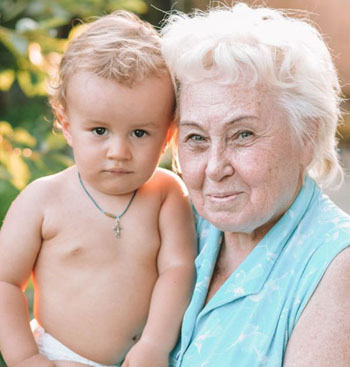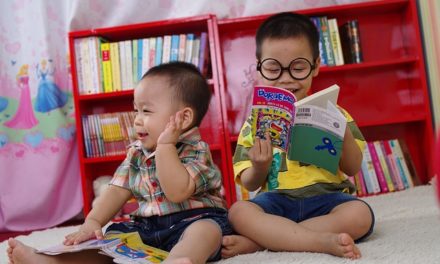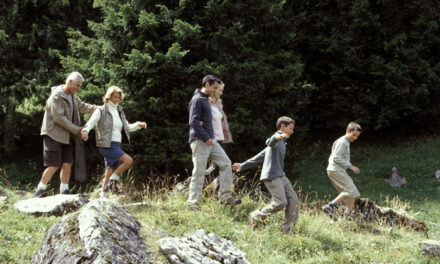You remember how it was when you were a parent. Dealing with misbehaving kids was one of your biggest challenges, and maybe you aren’t proud of how often they brought out the worst in you.
Now that you have grandkids, you’re probably happy to be done with those day-to-day battles of the will. Now your adult children get to experience that, and some would say that’s sweet revenge for all they put you through. Or maybe a better thought is: I want to help my child be a better, calmer parent than I was.
But in reality, if we’re involved grandparents, then we’ll be around for some of our grandkids’ moments of defiance, disobedience and selfishness.
And we need to be ready for them.
What does it mean to be “ready”? Unless we’re raising our grandkids or caring for them on a regular basis, we truly don’t have primary responsibility for correcting their behavior and shaping their character. But we do have influence and we can be part of a positive response.
What does that positive response look like? Here are two general suggestions:
Talk with the parents.
No matter what your situation might be or how much time you spend with your grandkids, things will happen. Your toddler grandson will throw a tantrum. Your seven-year-old granddaughter will feel mistreated by her brother and explode in anger. It will be obvious that something needs to be done. And maybe the parents will be nearby, or maybe it’s just you with the grandkids for the afternoon or the weekend.
Being ready for those moments means talking beforehand with the parents, so you know how they’d want you to handle it. If you haven’t had those talks, a tense situation will come along and you’ll be scrambling. How should I handle this? As emotions get more heated, maybe you’ll use whatever correction method you used thirty years ago, and that might be contrary to what the parents want.
Remember: they are the parents, and it’s up to them to decide what’s best in that situation. If you want to spend lots of time with your grandkids, then it makes sense to abide by the parents’ wishes. Ask specific questions about how they want you to handle situations, what kinds of correction they do and don’t want you to use, what’s acceptable and what isn’t, and do all you can to play along and support them. Maybe you could even read up on the parenting approach they use.
This isn’t a time to claim you know best or to be offended because their parenting approach is different from what you did. It’s a time to know your place and be a team player. If you insist on your way or have an angry outburst at a grandchild, that could cause the parents to consider you less trustworthy with their children. And that would be difficult and sad for you, but it’s the parents’ prerogative.
Learn and use “safe” ways to relate to children.
Maybe this comes naturally, or maybe it will take some work. And it starts with keeping your cool. All children sometimes try to manipulate the adults in their lives to get what they want, and it can include throwing fits and getting emotional. Even as grandparents, it can be so hard to not get drawn into the fireworks. We need to be self-controlled.
Be ready with some positive responses that are safe and uncontroversial for just about any approach to parenting. For example, instead of telling a grandchild what they should do, state what you will or won’t do. “I’ll be glad to help you when your voice is a soft as mine is.” “I can’t talk to you when you’re screaming. Let’s try again in a few minutes.”
A similar approach involves offering the child choices—when both choices are equally acceptable to you, are stated in a calm voice, and are legitimate choices and don’t involve a threat as a choice. This gives the child a sense of being in control and can often help him move past potential conflicts. “Do you want to wear your coat or carry it?” “Do you want to get out of the bath now or when the water is all gone?”
Another great strategy is distraction. If a child is getting frustrated or emotional in some activity, or if siblings aren’t getting along doing an activity, suggest something else fun instead. Or simply start doing that fun thing yourself and see how long it takes for them to be interested too.
Related to that, changing the environment often works in similar ways. Give the child something else to look at or calmly pick up the child and move to another room or the backyard. Go for a walk or a bike ride or take a trip to the park.
When we plan ahead and have important talks beforehand, tense situations with a grandchild don’t have to be quite so challenging.
What has worked for you, or what other strategies would you include? Share your tips and insights on our Facebook page here.





